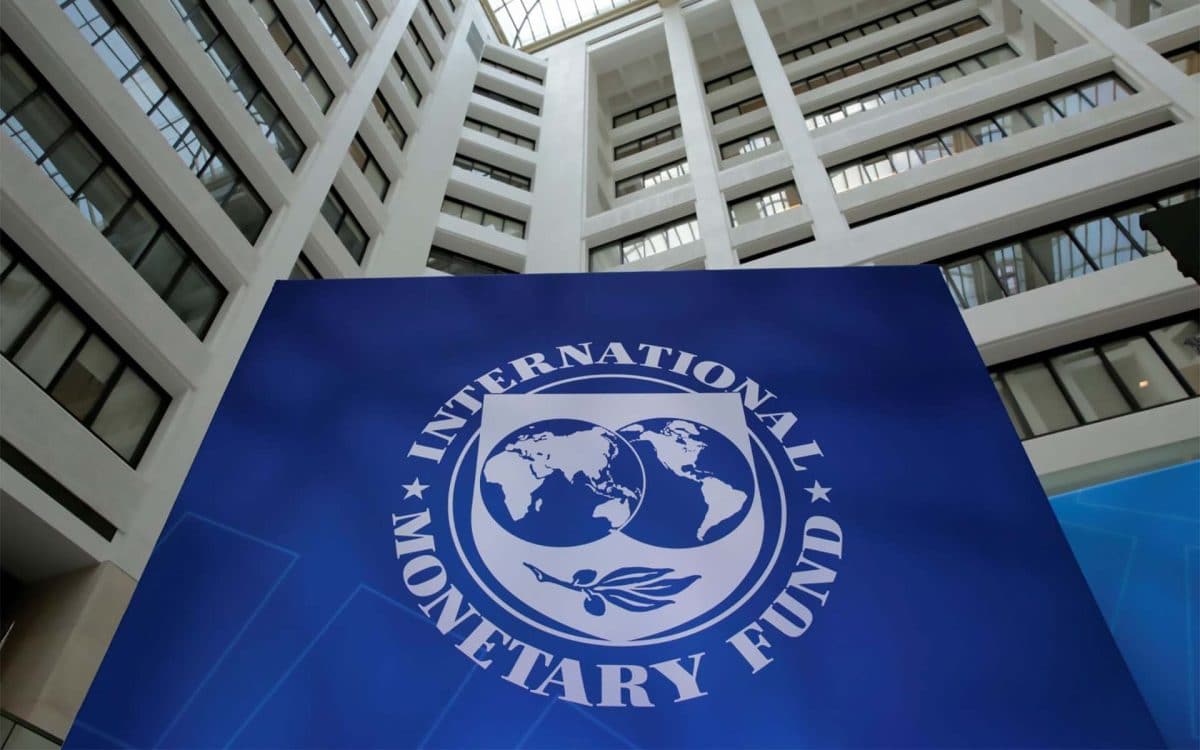The International Monetary Fund (IMF) has just recently approved for the Nigerian government, the sum of US$3.4 billion in emergency financial assistance in an effort to take advantage of the Rapid Financing Instrument to support the authorities’ efforts in addressing the severe economic impact of the COVID-19 shock and the sharp fall in oil prices. This was revealed in a publication on the organization’s official website, dated 28th April, 2020. The Nigerian government just confirmed receipt of the sum as at yesterday, 6th May, 2020.
To the uninitiated, this is cheering news and would easily provide the Nigerian State with the much needed assistance in providing a buffer for the Small and Micro Enterprise sector of the economy, which experts agree is the main driver of the GDP of any modern economy.
However, this development is nothing exiting to anyone who has followed the trajectory of the actual utilization of such monetary interventions in the past, under the guise of addressing economic or any other crisis that ails the Nigerian people.
For starters, it is instructive to point out that whatever is presented in the media as indices of a vibrant Nigerian economy, either in the past or present are nothing but a hoax. The Nigerian society has no economy beyond the crooked system of rents collection, manned by organized gang of opportunists, with pretentious claims to being officials of State! Nigeria has no real data to capture the actual size of the transactions that go on in the country, particularly the informal and semi-formal sectors of the economy.
Right from the days of the infamous Structural Adjustment Program (SAP), a complex of loans obtained from the World Bank and the IMF in 1986 by the gap-toothed General Ibrahim Badamosi Babangida as a panacea for the economic woes bedeviling the Nigerian economy, up until the very present one under consideration, the Nigerian economy remains that lacks any form or structure that meets the most basic international standards.
What we have instead has been an unproductive criminal edifice that is sustained by continuous collection of rents from foreign investors in the Oil sector, which accounts for over 95% of her Gross Domestic Product, with the remainder being proceeds of a regressive tax system, where the peasants are made to part with very significant portions of earnings from their micro and medium scale enterprises, which they manage to sustain with near zero infrastructural support from the State.
With the current bank Lending Rate being at about 15% per annum, such humongous loans obtained by the Nigerian State from such institutions as the IMF under the pretext of efforts to sustaining the Small and Medium scale sectors of the economy and ensuring medium-term macroeconomic stability, hardly ever gets to the reach of the actual drivers of that segment of the economy. Such funds are sure to always get lost in transit between some fictitious projects or used as grants to some phoney businesses owned and operated by cronies of government officials, all weaved around political patronage.
A very quick example that comes to mind in this regards is the infamous Distribution Companies of the power sector, which, despite its consistent distribution of more darkness than light to the people, has continued to enjoy humongous amounts of grants and interventions by the Nigerian government. It is a notorious fact that the licenses to operate these power distribution companies (DISCOS) were issued to very powerful members of the Nigerian political class. Despite several increases in the electricity tariffs and the fact that the people are made to pay more for less power supply, these organizations remain a conduit pipe through which such funds as is being obtained from the IMF and several other loans obtained both locally and otherwise are funnelled into private pockets.
Nigeria is about the 12th highest borrower from IMF in the world, the 6th largest Oil Producing nation on earth, as well as the most populous black nation in the world (making it the highest rents collecting black African State). Despite all of these, there is no structured economy that is capable of withstanding such economic turbulence that have hit the global economy in the recent days and weeks, particularly the COVID-19 pandemic and crash in the global prices of oil to negative figures. Barely one month into the situation, the nation’s leaders are already going about, cap in hand, looking for alms from wherever and whoever is willing to offer them, because on our own, we have no foundations.
If in times of oil boom and global economic stability, the Nigerian State continuously and irresponsibly indulged in the act of wanton borrowings and unscrupulous disbursement of same to maintain the insatiable greed of the few elites in power, it is curious how it plans to act differently now that we seem to be running out of our credit worthiness. In a matter of weeks, the country would have completely exhausted all avenues to borrow money from both local and external
“sources. It remains to be seen how this hoax of an economy would be sustained beyond this point.
After several decades of this monkey business between the Nigerian State and their lending partners, no one should continue to feign ignorance of the real endpoints of these moneys that are being dished out to such a notorious gang of looters, in on behalf of the suffering Nigerian people. If the IMF or any other lending agency of the world is going to continue to claim to be unaware of this unending cycle of granting loans to fund a fictitious economy, then they must have to think again.
By Aigboje Duke
AFRICA TODAY NEWS, NEW YORK
